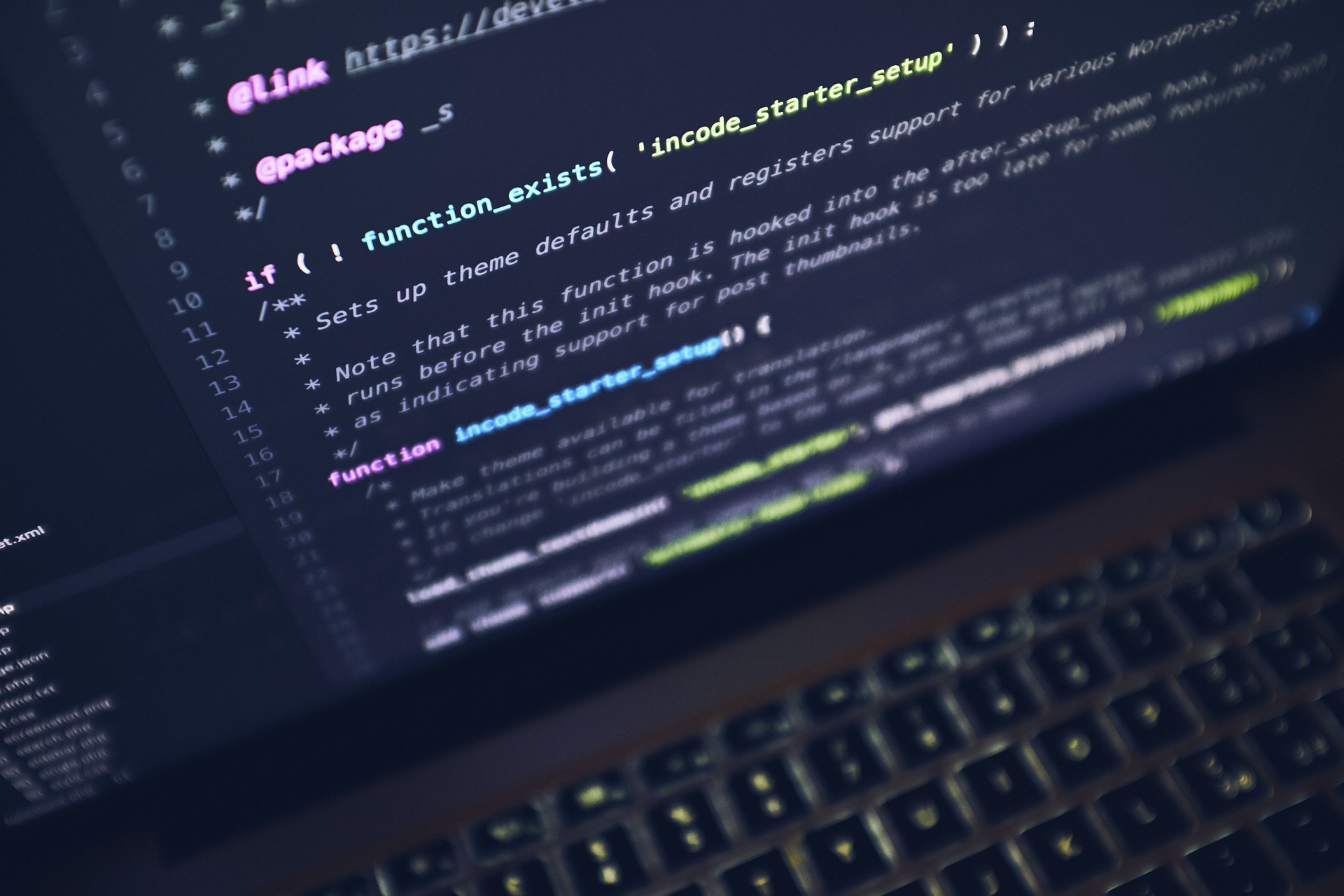We No Longer Need to Learn to Code!

3rd September 2024
Introduction
In the rapidly evolving landscape of technology, the importance of coding has been a widely accepted notion. For years, learning to code has been heralded as an essential skill, akin to learning a second language. However, recent advancements in artificial intelligence (AI) have sparked a debate on whether this still holds true. At the World Government Summit in Dubai, Jensen Huang, NVIDIA’s CEO, shared a provocative perspective: future generations may no longer need to learn to code, as AI takes over this domain. In this blog, we explore Huang’s vision and the reasons why coding knowledge may become obsolete in the near future.
Jensen Huang’s Vision
During his speech at the World Government Summit, Jensen Huang highlighted the incredible progress AI has made in recent years. NVIDIA, a leader in AI technology, has been at the forefront of developing powerful AI systems that can perform complex tasks traditionally reserved for human programmers. Huang suggests that as AI continues to advance, it will not only assist but eventually replace the need for humans to learn and write code. He believes that the future workforce should focus on leveraging AI tools rather than mastering the intricacies of programming languages.
1. The Rise of AI-Powered Tools
One of the most compelling reasons why learning to code may become unnecessary is the proliferation of AI-powered tools that can write code autonomously. AI systems like OpenAI’s GPT-3 and other machine learning models are capable of generating code snippets, debugging, and even creating entire applications with minimal human intervention. These tools are designed to understand natural language instructions, allowing users to describe what they want in plain English, and the AI translates these instructions into functional code.
This significant milestone means that individuals and businesses can develop software solutions without needing in-depth programming knowledge. As these tools become more sophisticated and accessible, the barrier to entry for software development will significantly lower, democratising technology and innovation.
2. Enhanced Efficiency and Productivity
AI-driven coding tools are not only making it easier for non-coders to create software but also enhancing the efficiency and productivity of experienced developers. AI can automate repetitive tasks, optimise code for performance, and identify potential issues before they become critical problems. By offloading these tasks to AI, developers can focus on higher-level problem-solving and creative aspects of software development.
This increased efficiency means that projects can be completed faster and with fewer resources. In a world where time-to-market is crucial, the ability to rapidly develop and deploy software solutions can provide a significant competitive advantage.
3. The Shift Towards No-Code and Low-Code Platforms
Another trend supporting the idea that learning to code may become obsolete is the rise of no-code and low-code platforms. These platforms allow users to build applications using intuitive drag-and-drop interfaces, pre-built templates, and visual workflows. Companies like Microsoft with their Power Platform, and startups like Bubble and Airtable, are making it possible for individuals with little to no coding experience to create robust and scalable applications.
No-code and low-code platforms empower business professionals, entrepreneurs, and creatives to bring their ideas to life without the need for extensive programming skills. This shift is democratising the software development process and enabling a broader range of people to participate in the digital economy.
4. Focus on Problem-Solving and Creativity
As AI takes over the technical aspects of coding, the skills that will become more valuable are those related to problem-solving, creativity, and critical thinking. Rather than spending years mastering programming languages, future generations can focus on understanding complex problems, designing innovative solutions, and leveraging AI tools to implement their ideas.
Education systems will need to adapt to this shift by emphasising interdisciplinary learning, where students are taught to think critically, collaborate effectively, and apply their knowledge in practical, real-world scenarios. This approach will prepare them to work alongside AI, harnessing its power to address challenges and drive innovation.
5. Preparing for an AI-Driven Future
While the idea of not needing to learn to code may seem radical, it is important to consider the broader implications of an AI-driven future. The workforce of tomorrow will need to be adaptable, tech-savvy, and capable of navigating a landscape where AI plays a central role. Skills such as data literacy, ethical reasoning, and the ability to work with AI systems will become increasingly important.
Moreover, understanding the limitations and potential biases of AI will be crucial. As AI systems become more integrated into our daily lives, ensuring that they are used ethically and responsibly will require a new set of skills and knowledge.
Conclusion
Jensen Huang’s vision of a future where coding knowledge is no longer necessary challenges conventional wisdom and opens up exciting possibilities. As AI continues to advance, it has the potential to transform the way we approach software development, making it more accessible, efficient, and inclusive. By embracing AI-powered tools, no-code platforms, and a focus on problem-solving and creativity, we can prepare future generations for an AI-driven world where coding is left to the machines.
As we move forward, it is essential to strike a balance between leveraging AI’s capabilities and ensuring that we cultivate the skills needed to navigate and shape this new technological landscape. The future is bright, and with the right approach, we can harness the power of AI to create a more innovative, inclusive, and prosperous world.
What do you think?